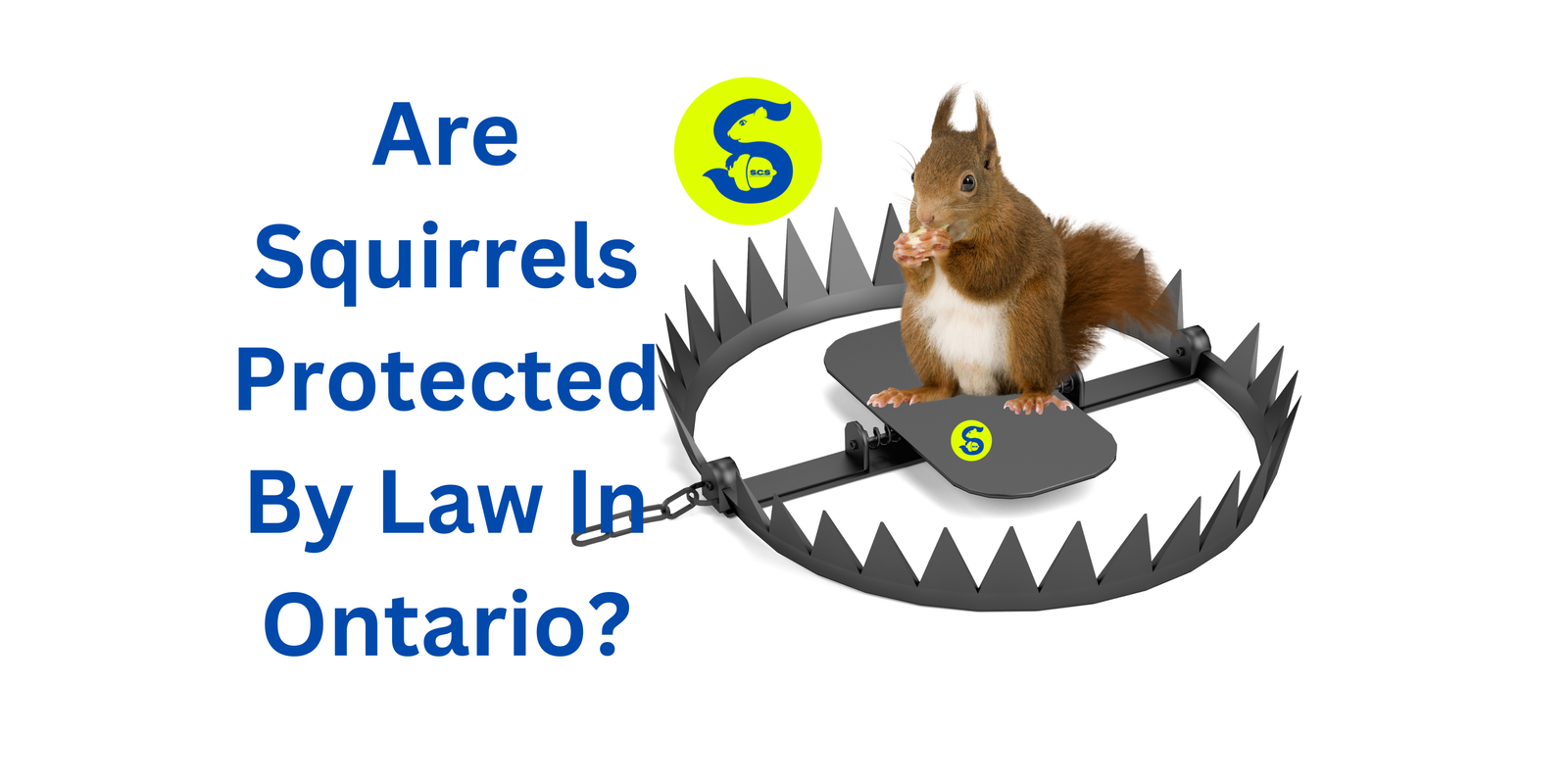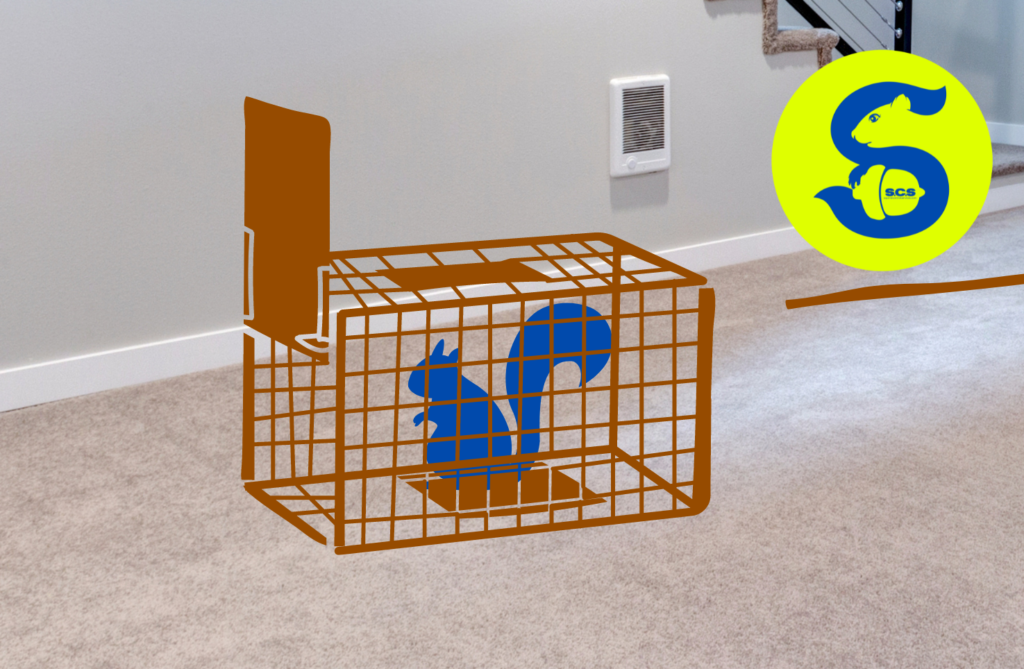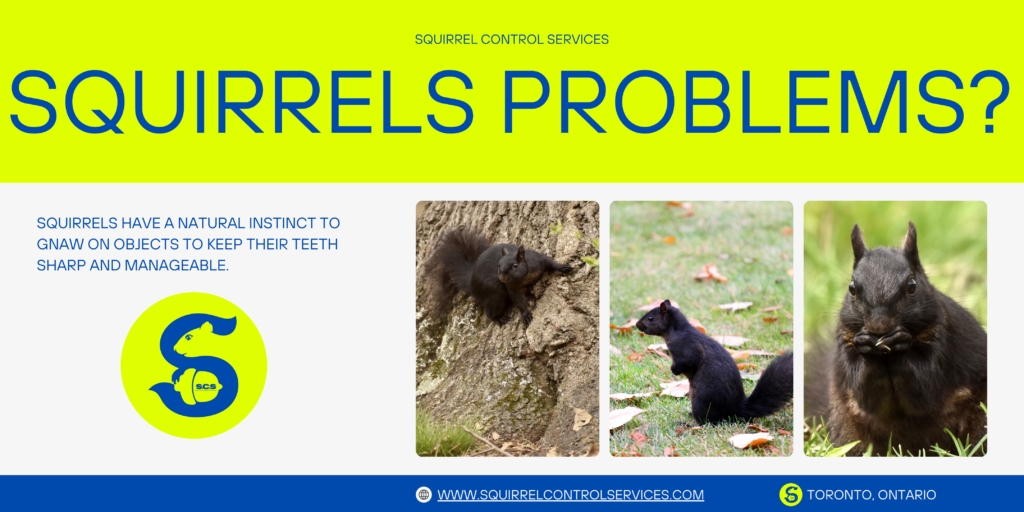Understanding the Legal Framework for Squirrel Control in Ontario
When dealing with nuisance wildlife, such as squirrels, it’s crucial to understand the legal implications of your actions. Ontario has specific laws and regulations that govern how wildlife can be managed, including the humane treatment and legal status of squirrels. In this comprehensive guide, we’ll delve into the legality of killing squirrels in Ontario, alternative control methods, and best practices for homeowners.
The Wildlife Conservation Act and Squirrel Control
In Ontario, the Wildlife Conservation Act plays a significant role in protecting native species, including squirrels. According to this act, most wildlife species, including grey squirrels, are protected. Killing a squirrel without a valid reason and proper permits can result in legal consequences. However, there are specific scenarios where the act allows for the humane control of wildlife.
Exceptions to the Rule
Under the Fish and Wildlife Conservation Act, homeowners are permitted to kill or remove wildlife, including squirrels, if they are damaging property or threatening safety. However, this must be done in a humane manner, and it is often recommended to seek professional wildlife control services to ensure compliance with legal standards.
Alternatives to Killing Squirrels
Given the legal and ethical concerns associated with killing squirrels, exploring non-lethal methods is highly advisable. Here are some effective alternatives:
Humane Squirrel Trapping and Relocation
Humane trapping involves capturing squirrels in live traps and relocating them to a suitable habitat far from residential areas. This method requires compliance with local regulations, including obtaining the necessary permits for relocation.
Squirrel Exclusion Techniques
Exclusion involves sealing off entry points to your home, such as gaps in roofs, soffits, and foundations. Using materials like wire mesh and steel wool can prevent squirrels from entering your property.
Squirrel Repellents and Deterrents
Various repellents, including ultrasonic devices and natural scent deterrents like predator urine, can be effective in keeping squirrels away from your home. These methods are humane and do not require the killing of animals.

The Role of Professional Wildlife Control Services
Hiring a professional wildlife control service is often the best course of action for dealing with squirrel problems. These experts are knowledgeable about the legal aspects of wildlife control and are trained in humane and effective methods. They can assess the situation, determine the best course of action, and ensure that any removal or exclusion methods comply with Ontario law.
Why Choose Professional Wildlife Control Services?
- Legal Compliance: Professionals ensure that all actions taken are within the legal framework.
- Humane Methods: They use techniques that prioritize the welfare of the animal.
- Long-term Solutions: Professional services provide permanent solutions, reducing the likelihood of recurring problems.
Consequences of Illegal Squirrel Killing
Killing a squirrel without adhering to legal guidelines can lead to significant consequences, including:
- Fines and Penalties: Violating the Wildlife Conservation Act can result in hefty fines and legal action.
- Criminal Charges: In severe cases, illegal killing of wildlife can lead to criminal charges, which may include imprisonment.
- Reputation Damage: Engaging in illegal activities can harm your reputation, especially if the case becomes public.
Conclusion
In Ontario, killing squirrels is generally not permitted without valid reasons and proper authorization. The emphasis is on humane and legal control methods, which are not only ethical but also more effective in the long term. Homeowners dealing with squirrel issues are encouraged to explore non-lethal methods and seek professional help to ensure compliance with local laws.




